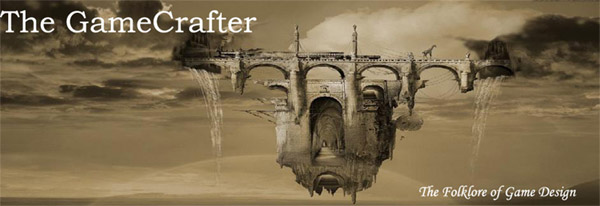To recap, my thought process runs like this: There mmorpg game itself is repetitive, sometimes story driven for entertainment flavor, has components of finding items, creating a unique avatar (to greater or lesser degrees of success), engaging in the same types of behavior over and over again with little variance. Once you reach the pinnacle (if you can last that long), then you drift to another offering looking for that elusive “something” and you start the process all over again and at least to date, cannot find. Those games that players tend to “stay with” and hang on to, tend to be socially strong in that somehow players bond with other players and create a social network that create psychological ties. It is these ties that keep people together and playing a game, not the game itself.
My contention is that the game can be vastly improved to raise the interest in the simulation so that it does not become repetitive, and that the social networks that keep people in the game can be vastly improved as well.
Today I am focusing on a design element of guild interaction, or the role of player created organizations and how they can be improved. As previously noted we talked about creating the “guild” or player run organization and giving it deep hooks into the game system/simulation itself.
I am playing a small browser based game right now called AstroEmpires, where thousands of players play against each other in a multi-player environment. It is out of
Today it dawned on me why. The very topic we are talking about here, the guild, has slightly deeper than normal hooks into the game system and that the players are allowed to be creative with their guild and empire biographies. A strong forum system is in place for the guild, battles against the guild are posted in the combat reports section, there is a forum for news, trade and announcements as well and a large area for the guild owners to be creative and post additional information about what they do and how they do it.
This has the effect of allowing players to effectively band together, communicate, become part of an organization greater than themselves, and act as a larger game entity.
This is the half step in the right direction, and it is a welcome innovation.
Yet this is not enough. The guild structure is still too unstructured, no in-game direct benefits are built into the simulation that facilitate and empower the guild.
The goals would be to create a list of empire and guild bonuses that can be applied either to a single player, or to a guild. Let me give some examples of this line of thought.
Create a formal treaty system that gave bonuses for specific activities, such as a trade treaty, preferred trade partner, Non-Aggression Pacts, Alliances, War etc. The effective “stance” of the guild towards other guilds yield bonuses to player activity.
Create roles inside the guild that were given game bonuses, which in turn can be modified by the guild owners so they can customize their internal structure and provide incentives for member engagement. Roles could then generate in-game events or bonuses based upon their actions. Example: The Guild Leader’s fleets can give a x% bonus (depending on the ability), to offense and defense for guild members who have fleets in the same sector.
In MMORPG speak, this means effective that the Guild provides the player members special in-game abilities that are made available to members at the discretion of the guild leaders. Imagine for example that a guild has attained a 10% combat bonus in melee combat. The leaders can associate that special ability to various titles they have created for their guild. This gives the leaders tools to entice player members to perform specific activities to the benefit of the guild.
This should be a no-brainer. We are empowering the key players in the game (guild leaders), to help keep interest high in the game by giving them the tools to be successful with the simulation. More later.





No comments:
Post a Comment